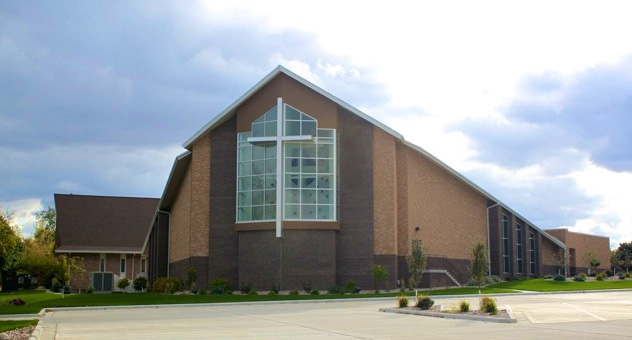I still listen to a fair amount of radio, especially if I am driving somewhere. My go-to station is ESPN radio which mainly features talk shows but also broadcasts games. I also listen to NPR from time to time, especially if they are sharing news about international humanitarian issues. As a kid I religiously listened to the “Hot 5 at 9” on a local top-40 station to know which songs were climbing the charts, and I still get a nostalgic feeling from radio.
Of course TV is a big upgrade from radio in many ways. You not only hear what is going on but can see the corresponding images. In this day and age there are probably over 1,000 channels you could access in one way or another depending on what service you utilize.
These days there is something even better. A couple of months ago my wife and I upgraded our cell phones. Our new phones work much more efficiently. The camera is better, the audio quality is a huge upgrade, and most importantly, we are able to quickly access virtually any data we want from internet to maps to countless apps. Plus you can access any radio or television programs you want as well.
What do these three mediums for disseminating information have in common? They all rely on invisible technologies. Can anyone at ARC (besides Arlin) adequately explain the science behind radio signals, cable television, and cell service? And yet we have unwavering faith in these unseen forces. If anyone makes the comment “I only believe in what I can see”, I give you permission to grab their cell phone, smash it on the ground, and say, “then I guess you won’t be needing that anymore!”
My point in this article isn’t to extoll the benefits and downfalls of various technologies but to suggest that if we believe in the forces behind radio, television, and cell service as being real and dependable, how much more real is the spiritual realm all around us and in us and through us? We tend to think of the physical world as true reality and the spiritual realm as some wispy, thin layer of existence behind the scenes. In chemistry terms we might say that what we see and touch in this world is like a solid, and the spiritual world is like a gas. But I’m here to tell you that what is unseen is even more real and concrete than what is seen! God, as well as His angels and children, are eternal spiritual beings. On the contrary, what we see in this life is like “a mist that appears for a little while and then vanishes.” (James 4)
Here’s the clincher. As powerful as current technologies are, the Holy Spirit is infinitely more potent…and what is the device through which God speaks to the world? What is the spiritual radio, tv, or cell phone? The Church! You and Me! We who are children of God are the platform through which God chooses to reveal His multifaceted love to the world as we proclaim His Word to all the nations. So just as people trust the science behind technology, may they look at our lives and stand in awe of the Holy Spirit’s technology powering, informing, and daily updating our witness!
Cory Grimm









